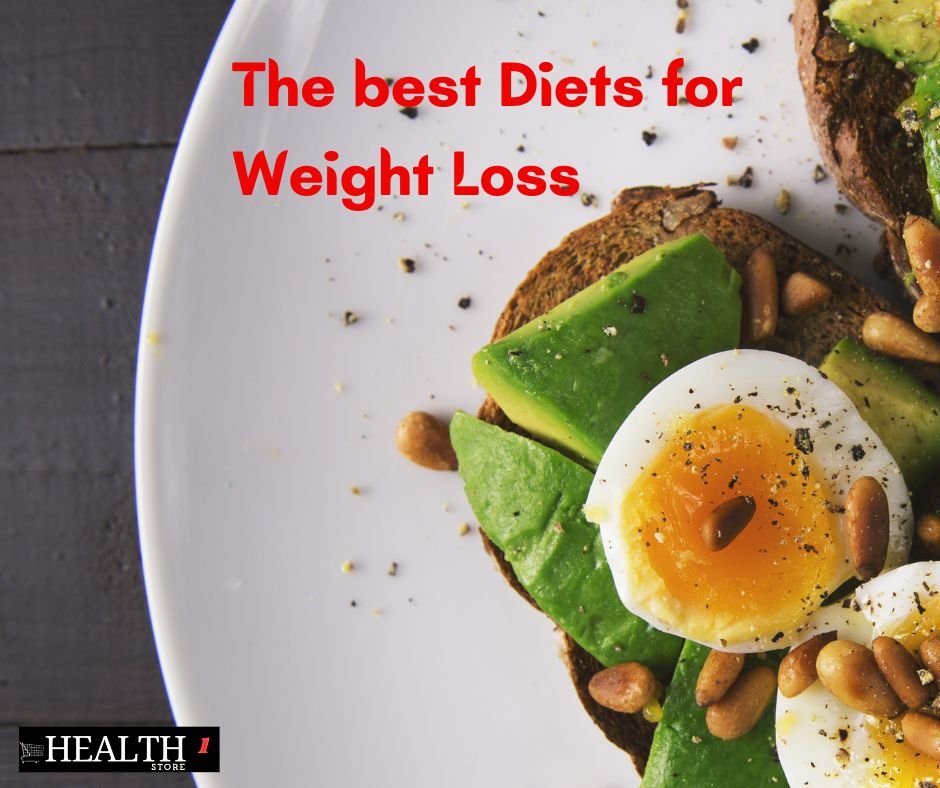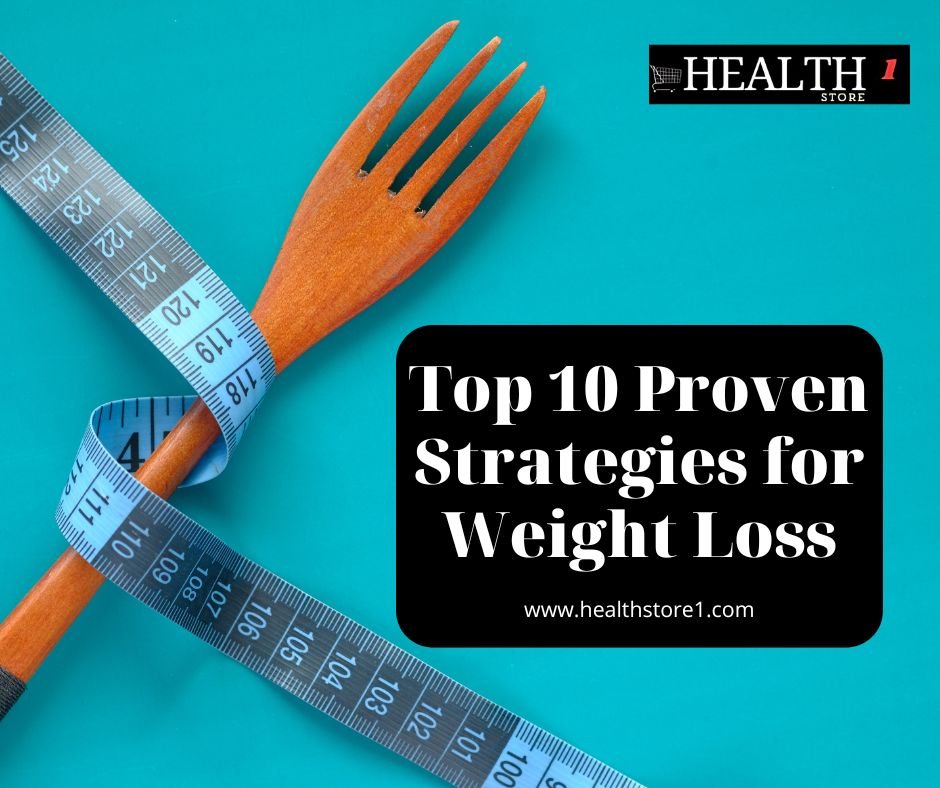Introduction to the Best Diets for Weight Loss
Weight loss is a common goal for millions of people worldwide, but with so many diet plans available, it can be challenging to determine the best approach. In 2024, the emphasis on healthy, sustainable weight loss continues to grow, making it important to choose a diet that not only helps you lose weight but also promotes long-term health. This article will explore the best diets for weight loss, what you should eat, what to avoid, and how to integrate healthy eating into your daily life.
Table of Contents
The Best Diets for Weight Loss
Choosing the right diet for weight loss depends on several factors, including your lifestyle, health status, and food preferences. The best diets for weight loss emphasize whole foods, balanced nutrition, and sustainable practices. Diets that focus on calorie control, nutrient density, and healthy eating patterns tend to provide the best long-term results.
Let’s explore some of the most effective weight loss diets and what to eat and avoid on each plan.
1. Mediterranean Diet
The Mediterranean Diet is consistently ranked as one of the best diets for weight loss due to its focus on whole, unprocessed foods. This diet is rich in fruits, vegetables, lean proteins, healthy fats, and whole grains.
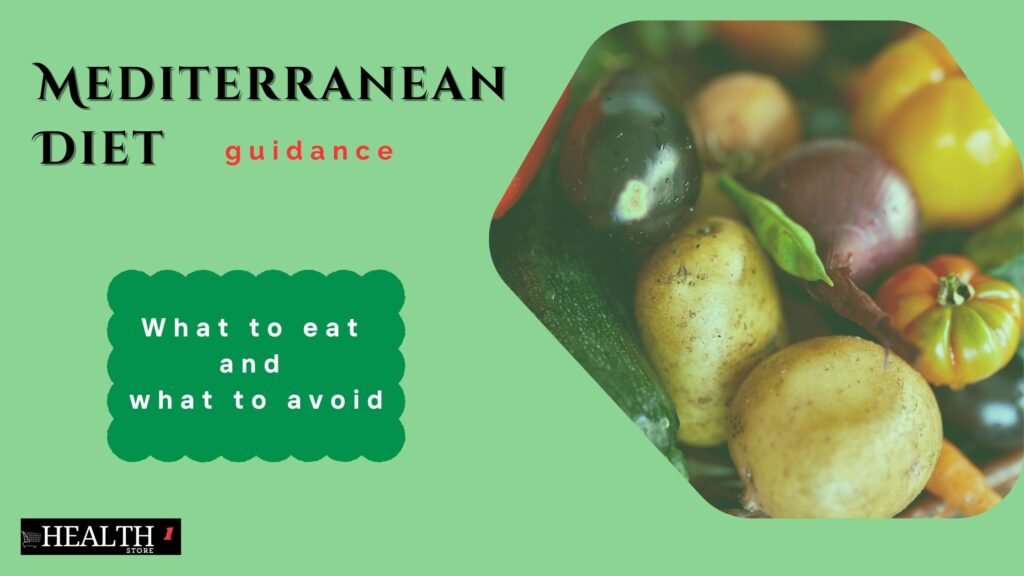
What to Eat:
- Fruits and vegetables: Aim for 5-9 servings per day.
- Whole grains: Include foods like oats, quinoa, and barley.
- Healthy fats: Olive oil, avocados, and nuts are staples.
- Lean proteins: Fish, chicken, legumes, and eggs.
- Dairy: Opt for yogurt and cheese in moderation.
What to Avoid:
- Refined grains: White bread, pastries, and processed cereals.
- Sugary beverages: Soda, fruit juices, and sweetened drinks.
- Red meat: Limit red meat and processed meats like bacon or sausages.
- Highly processed foods: Avoid fast foods and packaged snacks.
| Nutrient | Recommended Percentage of Calories |
|---|---|
| Fats (mostly healthy) | 25-35% |
| Carbohydrates | 45-55% |
| Protein | 15-20% |
Why It Works:
The Mediterranean Diet promotes satiety and balances macronutrients, leading to steady weight loss. Its emphasis on fiber, healthy fats, and low-calorie density foods makes it one of the best diets for weight loss.
2. Low-Carb Diet
The Low-carb diet has been popular for years due to its effectiveness in promoting fast weight loss. These diets restrict carbohydrate intake while increasing protein and fat consumption. Common variations include the ketogenic diet and the Atkins diet.
What to Eat:
- Meat, poultry, and seafood: These are the main sources of protein.
- Low-carb vegetables: Leafy greens, broccoli, cauliflower.
- Healthy fats: Olive oil, coconut oil, butter, and avocado.
- Nuts and seeds: In moderation.
What to Avoid:
- Sugary foods: Cakes, cookies, candies, and sodas.
- Grains: Bread, pasta, rice, and cereals.
- Starchy vegetables: Potatoes, sweet potatoes, and corn.
- High-carb fruits: Bananas, grapes, and mangoes.
| Diet Phase | Carb Limit | Result |
|---|---|---|
| Ketosis (Keto) | < 50 grams of carbs/day | Fat burning for energy |
| Atkins Phase 1 | 20 grams of carbs/day | Rapid weight loss |
| Low-Carb Diet | 50-150 grams of carbs/day | Steady weight loss without ketosis |
Why It Works:
Low-carb diets are effective for rapid weight loss because they reduce insulin levels, which promotes fat burning. They are especially useful for individuals with insulin resistance or metabolic syndrome, making them one of the best diets for weight loss.
3. Intermittent Fasting
The Intermittent fasting diet focuses on when you eat rather than what you eat. The most popular forms are the 16/8 method (16 hours of fasting, 8 hours of eating) and the 5:2 diet (eating normally for 5 days, restricting calories for 2 days).
What to Eat:
- Whole, unprocessed foods: During eating windows, focus on nutrient-dense foods.
- Protein-rich foods: Chicken, turkey, eggs, and tofu.
- Healthy fats: Avocados, olive oil, nuts, and seeds.
- Low-glycemic vegetables: Broccoli, spinach, kale, and green beans.
What to Avoid:
- Sugary foods: Avoid sugary snacks and desserts during eating windows.
- Highly processed foods: Minimize junk food and fast food.
- Sugary beverages: Stick to water, black coffee, or herbal teas during fasting periods.
| Fasting Method | Fasting Window | Eating Window |
|---|---|---|
| 16/8 | 16 hours | 8 hours |
| 5:2 | 2 days fasting | 5 days normal eating |
Why It Works:
Intermittent fasting helps create a calorie deficit by reducing the time available for eating. It can enhance fat metabolism, making it a popular choice among the best diets for weight loss.
4. Plant-Based Diet
Plant-based diets, such as veganism and vegetarianism, focus on consuming fruits, vegetables, whole grains, nuts, and seeds while avoiding or limiting animal products.
What to Eat:
- Fruits and vegetables: A wide variety of colors and types.
- Whole grains: Brown rice, oats, quinoa, and barley.
- Legumes: Beans, lentils, chickpeas, and peas.
- Nuts and seeds: Almonds, chia seeds, flaxseeds.
What to Avoid:
- Animal products: Meat, poultry, seafood, and eggs (for vegans).
- Dairy: Milk, cheese, and butter (for vegans).
- Processed plant-based foods: Be cautious with highly processed vegan alternatives.
| Nutrient | Vegan | Vegetarian |
|---|---|---|
| Protein | Legumes, tofu | Eggs, dairy |
| Healthy Fats | Avocados, nuts | Cheese, olive oil |
| Carbohydrates | Whole grains | Whole grains |
Why It Works:
Plant-based diets are naturally low in calories and rich in fiber, which promotes satiety and reduces calorie intake. The abundance of nutrient-dense foods makes plant-based diets among the best diets for weight loss.
5. DASH Diet (Dietary Approaches to Stop Hypertension)
Originally designed to lower blood pressure, the DASH Diet is now widely recognized as one of the best diets for weight loss. It emphasizes whole foods that are low in sodium and rich in nutrients like potassium, calcium, and magnesium.
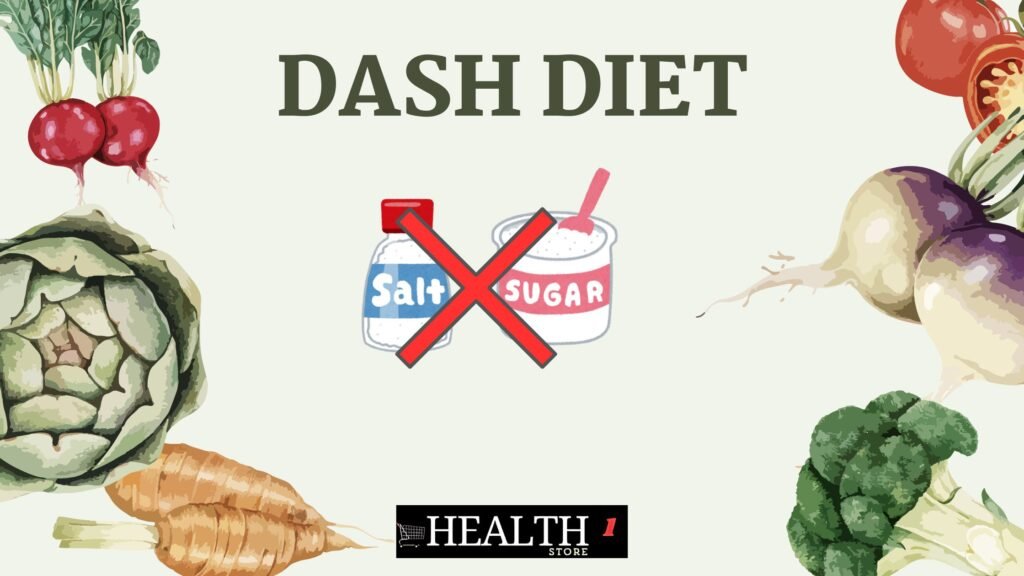
What to Eat:
- Fruits and vegetables: At least 5 servings per day.
- Whole grains: Brown rice, whole-wheat bread, quinoa.
- Low-fat dairy: Skim milk, low-fat yogurt, and cheese.
- Lean proteins: Chicken, fish, and legumes.
What to Avoid:
- High-sodium foods: Processed meats, canned soups, and frozen meals.
- Sugary foods: Pastries, candies, and sugary beverages.
- Saturated fats: Butter, fatty cuts of meat, and full-fat dairy.
| Nutrient | Recommended Daily Intake |
|---|---|
| Sodium | Less than 2,300 mg |
| Potassium | 4,700 mg |
| Fiber | 25-30 grams |
Why It Works:
The DASH Diet reduces calorie intake by promoting whole, unprocessed foods and minimizing sodium. Its balanced approach to nutrition makes it one of the best diets for weight loss while supporting heart health.
Foods to Avoid on All Weight Loss Diets
Certain foods can hinder your weight loss efforts regardless of which diet you choose. Avoid these calorie-dense, nutrient-poor options:
- Sugary beverages: Soda, energy drinks, and sweetened coffees.
- Refined grains: White bread, white rice, and pastries.
- Trans fats: Found in fried foods, baked goods, and margarine.
- Processed snacks: Chips, candy bars, and cookies.
| Food Type | Average Calories Per Serving |
|---|---|
| Soda (12 oz) | 150 |
| Chips (1 oz) | 150 |
| Candy Bar | 250-300 |
| Pastries (1 piece) | 300-400 |
Statistics of the Best Diets for Weight Loss
Here are some relevant statistics about the best diets for weight loss:
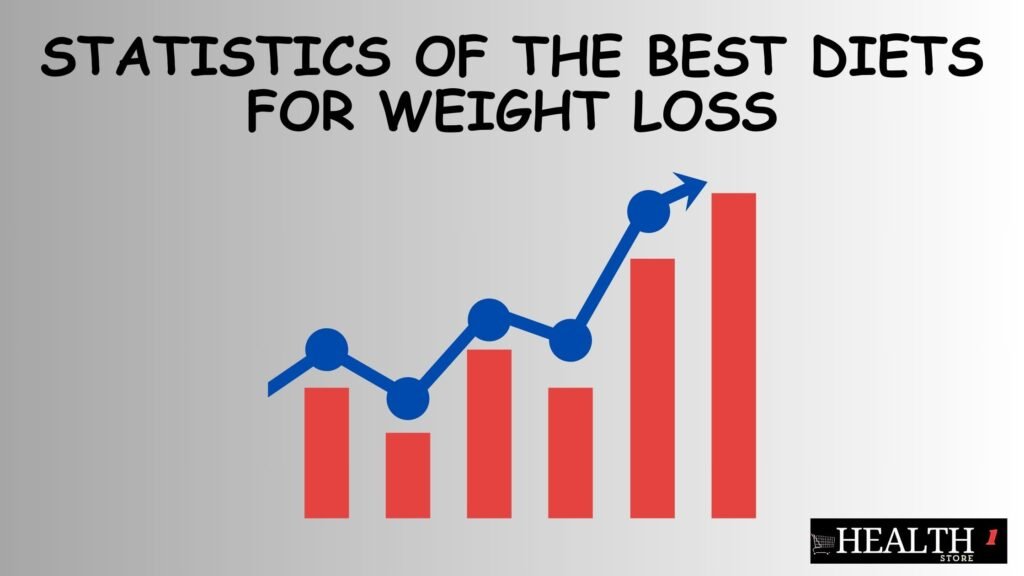
1. Mediterranean Diet
- Adherence & Weight Loss: A study published in The American Journal of Clinical Nutrition found that individuals following the Mediterranean diet lost an average of 4.4-10 pounds (2-4.5 kg) over 12 months .
- Health Benefits: Research shows that adherence to the Mediterranean diet reduces the risk of cardiovascular diseases by 25-30% .
- Obesity Impact: A study revealed that the diet led to a 30% lower likelihood of developing obesity over a period of 10 years .
2. Low-Carb Diet
- Rapid Weight Loss: A 6-month study comparing low-carb and low-fat diets showed participants on the low-carb diet lost an average of 7.7 kg compared to 5.4 kg for those on low-fat diets .
- Diabetes Management: Low-carb diets have been shown to reduce hemoglobin A1c levels by 1.02%, helping people with type 2 diabetes manage their condition .
3. Intermittent Fasting
- Weight Loss Effectiveness: Research has shown that intermittent fasting can lead to an average weight loss of 3-8% over 3-24 weeks, with participants losing up to 1.65 pounds per week .
- Caloric Reduction: Individuals practicing intermittent fasting typically consume 20-30% fewer calories than those eating without time restrictions .
4. Plant-Based Diet
- Vegan Weight Loss: A 2019 study in The Journal of Nutrition revealed that individuals following a vegan diet lost an average of 5.6 kg over 16 weeks .
- Reduced Risk of Obesity: Vegans are 42% less likely to develop obesity than meat-eaters .
- Caloric Intake: On average, those on a plant-based diet consume 600 fewer calories per day compared to omnivores .
5. DASH Diet
- Weight Loss Potential: In a meta-analysis, participants following the DASH diet experienced an average weight loss of 3.2 kg over eight weeks .
- Blood Pressure Reduction: DASH has been shown to reduce systolic blood pressure by 5.2 mm Hg and diastolic blood pressure by 2.6 mm Hg .
- Obesity Reduction: The DASH diet has been linked to a 15% lower risk of developing obesity .
These statistics highlight the effectiveness of each diet in promoting weight loss and improving overall health outcomes.
Conclusion of the Best Diets for Weight Loss
When it comes to choosing the best diets for weight loss, it’s essential to select one that fits your lifestyle, preferences, and health needs. The Mediterranean Diet, Low-Carb Diet, Intermittent Fasting, Plant-Based Diet, and DASH Diet are all excellent choices. They emphasize whole, unprocessed foods, healthy fats, lean proteins,


